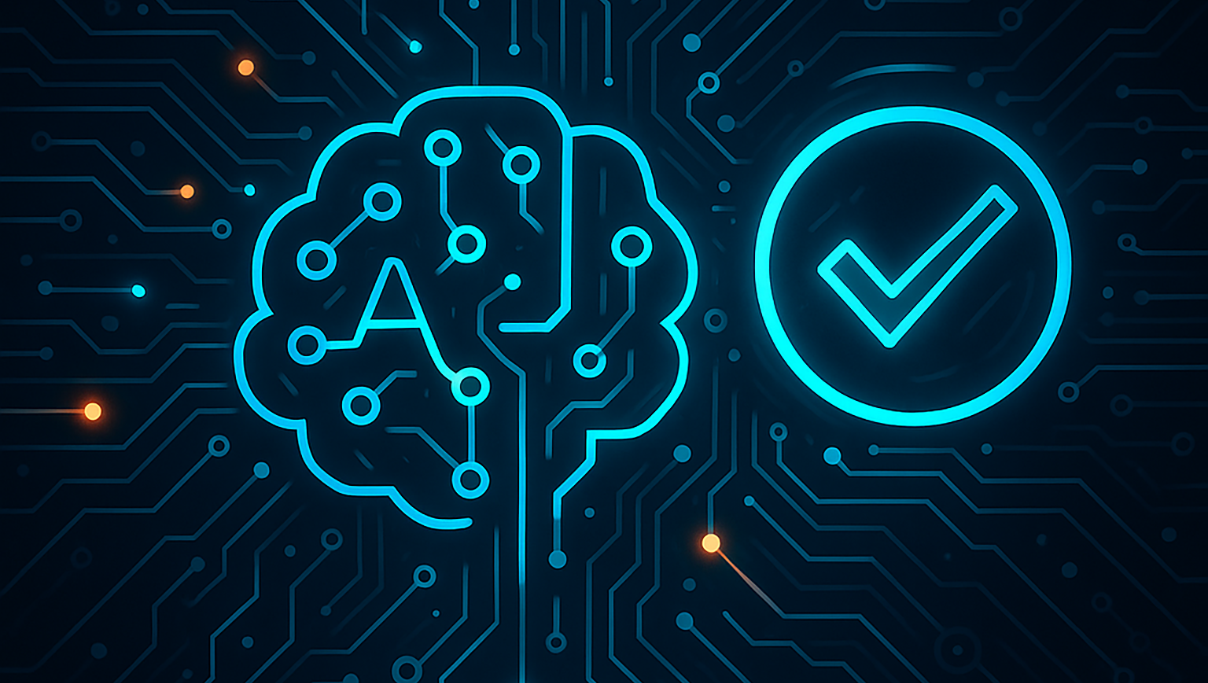
Choosing a Partner for Platform Modernization
Regardless of your platform modernization approach, at some point, you must choose a software development partner to take on your initiative. While not daunting, vetting your prospective partner is of the utmost importance.
After all, you must be confident that the team you choose—in-house or external—has the expertise and capability to support you throughout the process. While you want to minimize time to value, it’s also imperative that you continue iterating and solve for specific problems to deliver the best possible customer experience. You also want to be sure that your software development partner prioritizes your best interests—and those of your clients.
We’re exploring everything you need to know about choosing a partner to modernize your legacy applications to differentiate your company from the competition.
What is Platform Modernization?
Platform modernization is the process of transforming legacy applications to support user needs through new software. With a key focus that aligns with the Product Mindset lens, legacy platform modernization seeks to solve problems or improve the user experience while minimizing time to value. To that end, platform modernization is essential for companies wishing to excel at change and continually iterating and releasing updates that solve for their customers’ needs.
So what is a legacy system? According to TechTarget, “Legacy systems are those that require modernization, regardless of age; modern systems are those that do not. Intermediate systems and applications allow for modernization but may not be top priority.”
Facing Common Platform Modernization Challenges
Resistance to change is one of the most significant roadblocks to platform modernization. Although modernization efforts should be incremental to minimize time to value, even the slightest shift can lead to organizational change. Here, your software development partner should recommend a modernization strategy that mirrors the Agile development process, meaning that it’s iterative, collaborative, and ever-evolving.
A portion of the resistance to change is that many people think that modernization is a once-and-done effort. However, a Big-Bang approach to modernization is risky and frequently leads to failure. To maximize the success of your platform modernization, 3Pillar Global recommends using a product mindset to deliver gradual change, focus on solving specific problems, and minimize time to value with each release.
Another common challenge to platform modernization is a lack of qualified resources. Skilled craftspeople are essential. Not having who or what you need to execute on your modernization efforts can make the process more difficult. When looking for your software development partner, ask them about their expertise in analyzing the resources you have compared with those you need. A diligent software development partner will understand how to create a strategy to bridge the gap. However their answer will give you clear insights into how they’ll partner with you to modernize your systems.
Legacy System Modernization Approaches
When it comes to platform modernization, many software development partners refer to the most common approaches as “The Rs.”
According to RackSpace, “The right option for your organization will help both reduce your costs and make your operations nimbler.”
Your modernization efforts may entail an approach that blends any or all of the following:
- Rehosting: also known as a “lift and shift.” Rehosting entails moving your legacy platform from on-premise to the cloud as-is.
- Refactoring: retooling and optimizing code. Refactoring frequently involves simplifying complex applications into smaller features that perform specific tasks.
- Repurchasing: sometimes, modernizing your platform involves moving away from an existing platform to a new digital product.
- Retiring: over the course of modernization, some processes become superfluous. Understanding which legacy systems you can retire allows you to eliminate unnecessary components.
- Retaining: some solutions may not require modernization. In turn, they may not be a priority at this time—whether due to the necessary integrations or value to your customer.
How Can a Skilled Partner Help?
When it comes to digital products, a qualified, professional software development partner brings modern expertise to the table and outlines how they think about digital products.
As David DeWolf, President & CEO at 3Pillar Global, states in The Product Mindset, “You cannot succeed in the digital economy with a fixed mindset. Only those companies with the growth mindset—those that embrace challenges, push through barriers, and learn from criticism—will thrive.”
An external product development team can help you overcome the resource challenge, which allows your teams to focus their time strategically. Additionally, your partner can help ensure that your modernization complies with current legislation and cybersecurity requirements and reflects best practices.
Characteristics to Look For in a Modernization Partner
While there are any number of questions you could ask a prospective software development partner, make sure you verify their competence in these three critical areas.
Technical Expertise
This should go without saying, and this article from eLearning Industry makes it clear, “The right technical skillset is a non-negotiable criterion in order to select a modernization partner.”
As you are vetting a software development partner, be sure that their expertise aligns with your strategy and goals.
Product Experience
Take some time to ask your prospective partner about their record of success with similar products. Are there testimonials, case studies, or examples they can share with you?
Collaborative Goals
In addition to paying attention to what you state as your goals, your software development partner should be able to ask good questions. Prioritizing your success isn’t solely about listening to what you say and executing on it. By hiring experts who see their team as an extension of your own, you can be confident that they’re looking out for your best interests. The result? Minimized time to value that solves real problems.
Start the Modernization Process
Platform modernization is a process that focuses on incrementally improving your legacy systems. By bringing your products to modern standards, you can create a customer experience that continually delivers value to your customers. In other words, modernization is about more than outsourcing your digital products to an external software development partner. It’s truly about gaining a partner that ensures your investment of time and resources gives your company a competitive advantage in the marketplace.
Tackle your organization’s legacy platform challenges by contacting 3Pillar Global today. Our team of experts is here to make your journey to platform modernization highly effective.
Special thanks to these members of FORCE, 3Pillar’s expert network, for their contributions to this article.
FORCE is 3Pillar Global’s Thought Leadership Team comprised of technologists and industry experts offering their knowledge on important trends and topics in digital product development.
Recent blog posts

Stay in Touch
Keep your competitive edge – subscribe to our newsletter for updates on emerging software engineering, data and AI, and cloud technology trends.

 Jorge Gaona
Jorge Gaona

